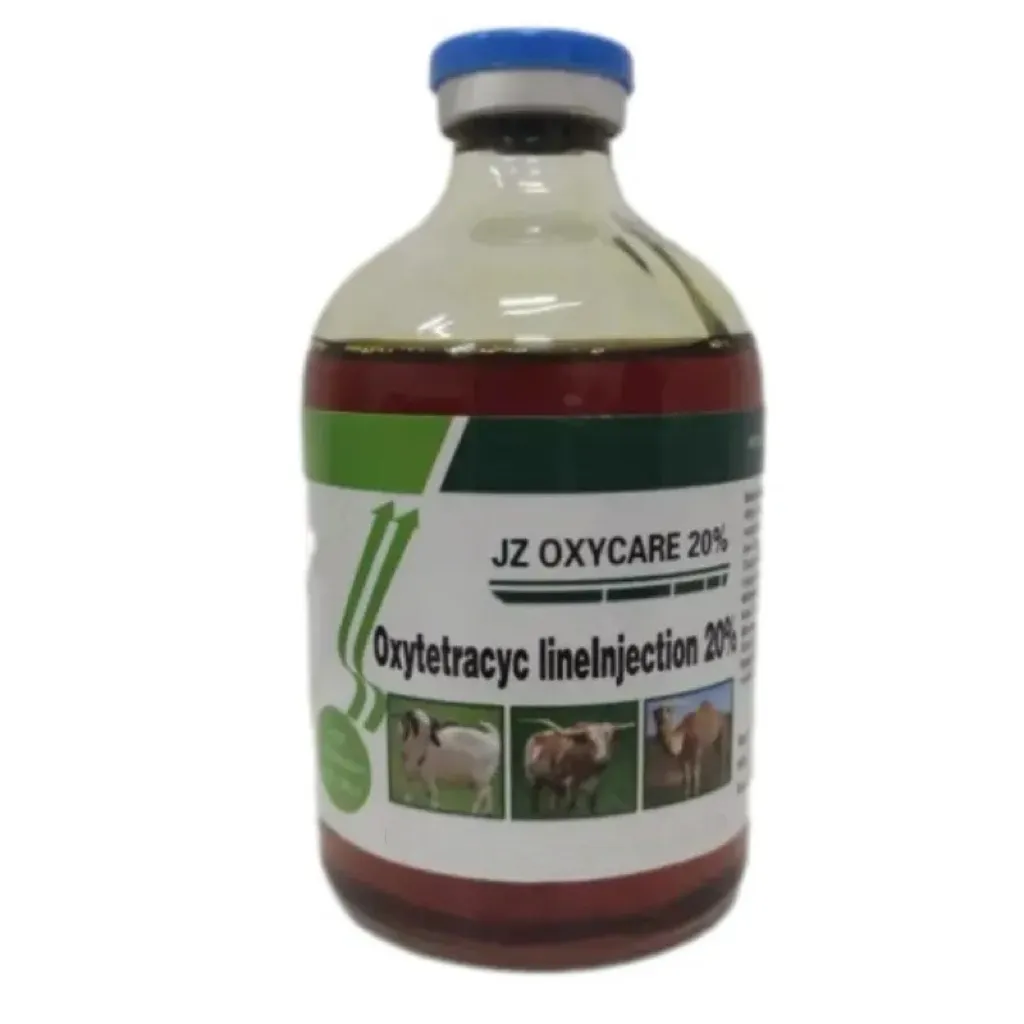- Afrikaans
- Albanian
- Amharic
- Arabic
- Armenian
- Azerbaijani
- Basque
- Belarusian
- Bengali
- Bosnian
- Bulgarian
- Catalan
- Cebuano
- Corsican
- Croatian
- Czech
- Danish
- Dutch
- English
- Esperanto
- Estonian
- Finnish
- French
- Frisian
- Galician
- Georgian
- German
- Greek
- Gujarati
- Haitian Creole
- hausa
- hawaiian
- Hebrew
- Hindi
- Miao
- Hungarian
- Icelandic
- igbo
- Indonesian
- irish
- Italian
- Japanese
- Javanese
- Kannada
- kazakh
- Khmer
- Rwandese
- Korean
- Kurdish
- Kyrgyz
- Lao
- Latin
- Latvian
- Lithuanian
- Luxembourgish
- Macedonian
- Malgashi
- Malay
- Malayalam
- Maltese
- Maori
- Marathi
- Mongolian
- Myanmar
- Nepali
- Norwegian
- Norwegian
- Occitan
- Pashto
- Persian
- Polish
- Portuguese
- Punjabi
- Romanian
- Russian
- Samoan
- Scottish Gaelic
- Serbian
- Sesotho
- Shona
- Sindhi
- Sinhala
- Slovak
- Slovenian
- Somali
- Spanish
- Sundanese
- Swahili
- Swedish
- Tagalog
- Tajik
- Tamil
- Tatar
- Telugu
- Thai
- Turkish
- Turkmen
- Ukrainian
- Urdu
- Uighur
- Uzbek
- Vietnamese
- Welsh
- Bantu
- Yiddish
- Yoruba
- Zulu
Դկտ . 22, 2024 09:20 Back to list
antiparasitic for horses
Antiparasitic Treatments for Horses Keeping Your Equine Healthy
Horses are magnificent creatures, known for their strength, grace, and beauty. However, like all animals, they are susceptible to a variety of health issues, including parasitic infections. Parasitic worms, such as strongyles, tapeworms, and ascarids, can cause significant health problems in horses, leading to weight loss, lethargy, colic, and even death in severe cases. Therefore, effective antiparasitic treatments are crucial to maintaining the health and well-being of these animals.
Understanding Horse Parasites
Horse parasites can be broadly classified into two categories internal parasites and external parasites. Internal parasites, primarily worms, live within the horse's gastrointestinal tract. Strongyles, often referred to as bloodworms, are among the most common and harmful internal parasites. They primarily affect the blood vessels and intestines, leading to severe health issues. Tapeworms, on the other hand, attach themselves to the intestines and can cause colic. Ascarids, or roundworms, are more prevalent in younger horses, leading to poor growth and digestive problems.
External parasites, such as flies, ticks, and lice, can cause discomfort and may lead to skin infections and other complications. While external parasites do not directly drain the horse's nutrients, their impact on overall health can be profound, as they often result in stress and a decrease in the animal's quality of life.
Antiparasitic Medications
The primary method of controlling internal parasites in horses is through the use of antiparasitic medications, commonly referred to as dewormers. There are several classes of dewormers available on the market, including ivermectin, pyrantel, and fenbendazole. Each type targets specific parasites and has its own mode of action.
Ivermectin is one of the most commonly used dewormers; it is effective against a wide range of internal parasites, including strongyles and ascarids. This broad-spectrum efficacy makes it a popular choice for many horse owners. Additionally, ivermectin also targets some external parasites, providing a dual purpose.
antiparasitic for horses

Pyrantel is another effective option, particularly for ascarids in younger horses. It is important to note that pyrantel is generally considered to have a lower efficacy against certain types of strongyles and tapeworms.
Fenbendazole is also effective against a variety of internal parasites and can be particularly beneficial in treating strongyles and pinworms. Some studies have suggested that a combination of different dewormers may provide a more comprehensive approach to parasite control, especially in horses with a high parasite load.
Tailoring a Deworming Schedule
Creating an effective deworming schedule is essential for maintaining the health of your horse. It is important to consider factors such as the age of the horse, the environment in which it lives, and its overall health. Young horses are typically more susceptible to parasites and may require more frequent deworming than adult horses.
A rotational deworming schedule, where different classes of dewormers are used at different times, can help prevent the development of resistance in parasites. Regular fecal egg count testing can provide valuable information regarding the parasite load within your horse’s system and help tailor the deworming strategy effectively.
Conclusion
Preventing and managing parasitic infections in horses is crucial for their overall health and performance. By understanding the types of parasites that can affect horses, utilizing appropriate antiparasitic medications, and tailoring a deworming schedule, horse owners can significantly reduce the risk of parasitic infections. Regular veterinary check-ups and fecal testing also ensure that horse owners remain informed and proactive in their approach to equine health. Ultimately, the health of your horse is directly linked to the management of parasites, making antiparasitic treatments an essential aspect of horse care.
-
Guide to Oxytetracycline Injection
NewsMar.27,2025
-
Guide to Colistin Sulphate
NewsMar.27,2025
-
Gentamicin Sulfate: Uses, Price, And Key Information
NewsMar.27,2025
-
Enrofloxacin Injection: Uses, Price, And Supplier Information
NewsMar.27,2025
-
Dexamethasone Sodium Phosphate Injection: Uses, Price, And Key Information
NewsMar.27,2025
-
Albendazole Tablet: Uses, Dosage, Cost, And Key Information
NewsMar.27,2025













